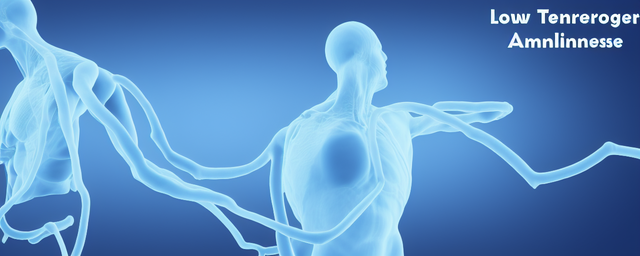
谷丙转氨酶偏低的原因及危害
原|2024-04-25 18:21:11|浏览:32
When the levels of alanine aminotransferase (ALT), also known as serum glutamate pyruvate transaminase (SGPT), are low, it is referred to as low ALT or hypolactasia. There are several reasons why someone may have low ALT levels:
1. Malnutrition: A lack of essential nutrients in the diet can lead to low ALT levels as the body may not be able to produce enough of the enzyme.
2. Liver disease: Certain liver conditions, such as cirrhosis or severe liver damage, can cause ALT levels to decrease as the liver may not be functioning properly.
3. Medications: Some medications, such as statins or certain antibiotics, can lower ALT levels as a side effect.
4. Genetic factors: In some cases, genetic factors may play a role in low ALT levels.
The consequences of having low ALT levels can be significant:
1. Difficulty diagnosing liver disease: ALT is an important enzyme used to assess liver function. Low levels of ALT can make it challenging to diagnose liver diseases accurately.
2. Delayed treatment: If liver disease is not diagnosed promptly due to low ALT levels, treatment may be delayed, leading to potential complications.
3. Underlying health issues: Low ALT levels may be a sign of underlying health issues that need to be addressed, such as malnutrition or liver disease.
4. Monitoring complications: ALT levels are often monitored to assess the progression of liver disease or the effectiveness of treatment. Low ALT levels may hinder the ability to monitor these conditions effectively.
In conclusion, low ALT levels can have various causes, including malnutrition, liver disease, medications, and genetic factors. It is essential to consult a healthcare provider if you have concerns about your ALT levels to determine the underlying cause and appropriate management.
猜你喜欢
- 茶的分类及代表品种
- 六大茶类的代表名茶分别有
- 茶的类型和代表
- 六大茶叶的分类及产地
- 庙的分类及代表
- 藻的分类及其代表
- 茶的分类及代表茶品特点
- 茶的分类及代表茶
- 简述茶类的分类及其代表性名茶
- 六大茶类的分类及代表茶
- 动物分类及代表
- 糖的分类及代表
- 茶的分类及代表茶叶
- 茶的分类及代表图
- 茶的分类及代表作
- 茶器按质地的分类及代表茶器
- 茶的分类及代表名茶教学设计
- 简述茶的分类及代表性名茶
- 请写出乌龙茶的分类及代表茶
- 法国雅文邑白兰地系列
- 雅文邑白兰地介绍
- 1952年法国雅文邑白兰地
- 法国雅玛邑白兰地
- 纽波利顿獒
- 法国犬品种
- 南非獒犬的优缺点
- 波尔多獒犬寿命
- 波兰狩猎犬
- 波尔多犬和罗威纳犬对比
- 波尔多犬和杜高对比
- 世界十大凶犬
- 护卫犬排行榜前十名
- 大红袍怎么泡效果好
- 大红袍怎么泡不开
- 大红袍怎么泡茶
- 大红袍怎么泡出来没颜色
- 大红袍怎么泡不苦
- 大红袍怎么泡多久
- 大红袍怎么泡才正确的特点
- 大红袍怎么泡没有柴味儿
- 大红袍怎么泡放多少合适
- 花香大红袍怎么泡
- 大红袍怎么泡茶好
- 大红袍是怎么泡的
- 大红袍怎么泡水好喝
- 大红袍用玻璃杯怎么泡
- 大红袍怎么泡味道浓一些
- 十大排名果花茶
- 十大花茶组合排名
- 十大花茶品种大全
- 十大花茶功效
- 十大花茶销量排行榜
- 十大花茶有哪些
- 十大花茶品种
- 十大花茶推荐
- 十大花卉排行榜
- 十大花卉
- 十大花茶调理内分泌
- 九五至尊秦昊明月关山
- 红茶冲泡工艺
为你推荐






































































